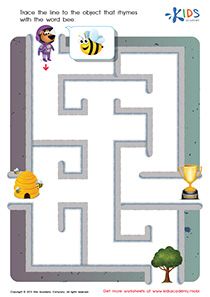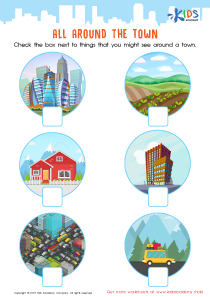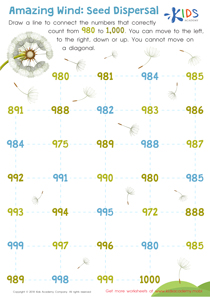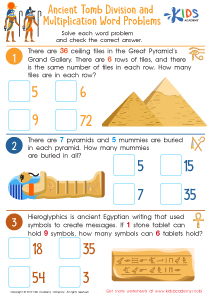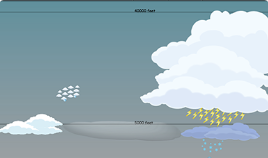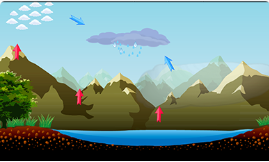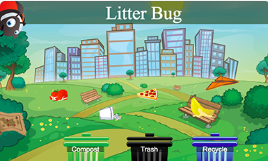Social Studies Lessons | Being a Citizen for Ages 4-6
5 results
Introducing our enriching "Being a Citizen for Ages 4-6" lesson series - a captivating educational journey crafted for our youngest learners! Through a blend of interactive worksheets, engaging educational videos, and fun assessment quizzes, children will embark on an adventure of learning what it means to be an active and responsible citizen in their community. Designed with little learners in mind, each activity is tailored to stimulate curiosity, foster empathy, and cultivate a sense of belonging and responsibility. Dive into our "Being a Citizen for Ages 4-6" program and watch your child grow into a thoughtful, aware, and contributing member of society.
Introducing the concept of citizenship to young minds is not only a way to foster a sense of community but also to instill the values of responsibility, respect, and empathy from an early age. Our "Being a Citizen for Ages 4-6" program is meticulously designed to cater to the developmental needs and the curiosity of children in this age group, offering a blend of interactive worksheets, engaging educational videos, and fun assessment quizzes. This comprehensive approach not only captures the imagination of young learners but also aids significantly in their holistic development, making these lessons an invaluable part of their studies.
Why "Being a Citizen for Ages 4-6" is Beneficial for Kids
-
Introduction to Community and Society: At the heart of being a good citizen is understanding one's role within a community and society at large. Through age-appropriate examples and engaging storytelling in our videos, children learn the basics of what makes a community, the roles people play, and how they can contribute positively from a young age. This early introduction helps build a strong foundation for social studies and fosters a sense of belonging and responsibility towards their community.
-
Development of Social Skills: Our interactive worksheets are designed not only to educate but also to encourage interaction among peers. These activities foster teamwork, communication, and empathy—a set of crucial social skills that are indispensable in any educational journey. By learning to work together and understanding different perspectives, children develop a strong social skill set that will benefit them in all areas of study and life.
-
Encouraging Active Participation and Critical Thinking: The lessons are crafted to encourage questions, curiosity, and active participation. By engaging with the material, children learn to think critically about the world around them and their place within it. This active engagement is key to developing problem-solving skills and an inquisitive mindset, essential components of successful learning across all subjects.
-
Empathy and Respect for Diversity: A core element of "Being a Citizen for Ages 4-6" is teaching children about diversity and the importance of empathy and respect for others. Through stories and examples from various cultures and backgrounds, children learn to appreciate differences and understand the value of inclusivity. This early education in multicultural awareness is a crucial step in preparing them for a diverse world and helps in developing a well-rounded approach to learning and interaction.
-
Assessment Quizzes - Learning with Fun: Our assessment quizzes are far from the daunting tests children might encounter later in their educational journey. Designed to be fun and engaging, these quizzes provide immediate feedback that encourages children to understand their mistakes and learn from them, reinforcing the lesson content in a positive and constructive manner.
In conclusion, the "Being a Citizen for Ages 4-6" lessons serve as an invaluable tool in early childhood education, laying down the building blocks for responsible citizenship, social awareness, and empathy. By integrating these lessons into their studies, children not only learn about the world around them but also about how they can contribute to making it a better place, all while developing critical social and cognitive skills.
